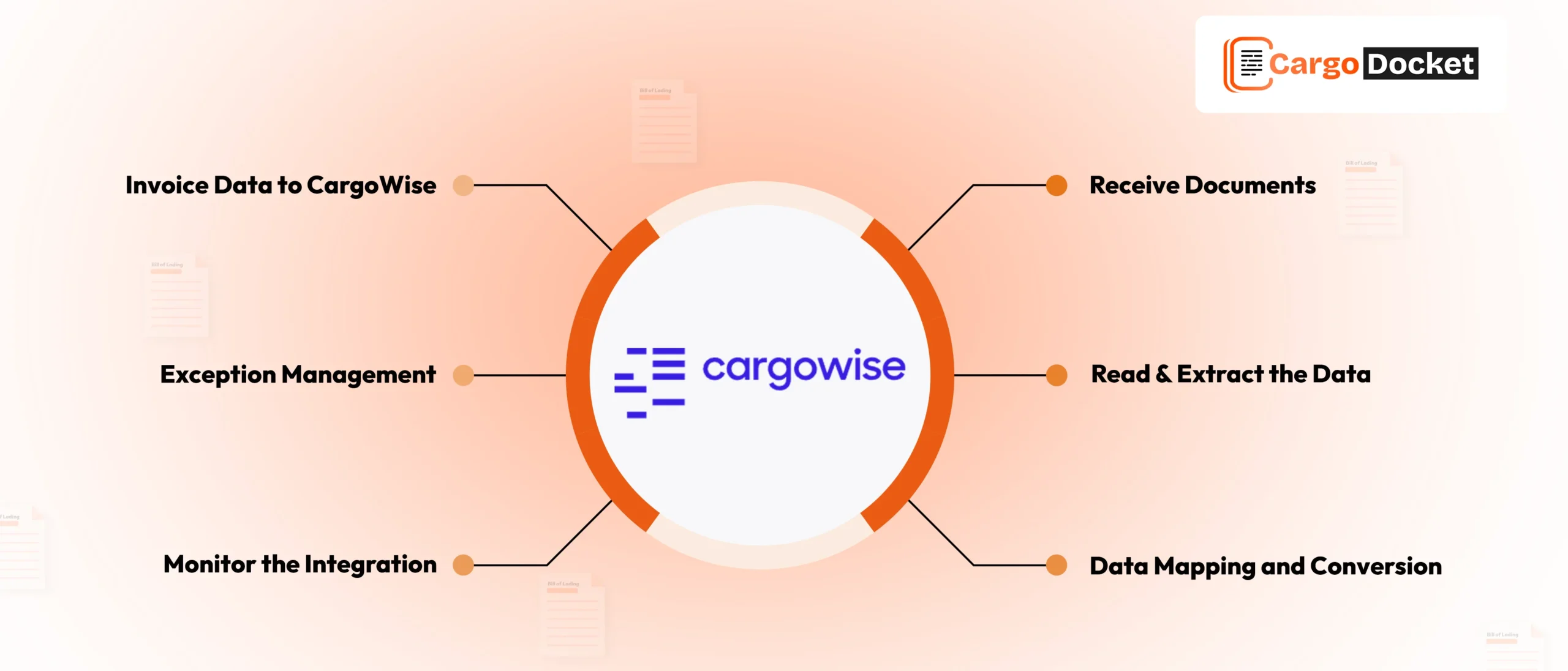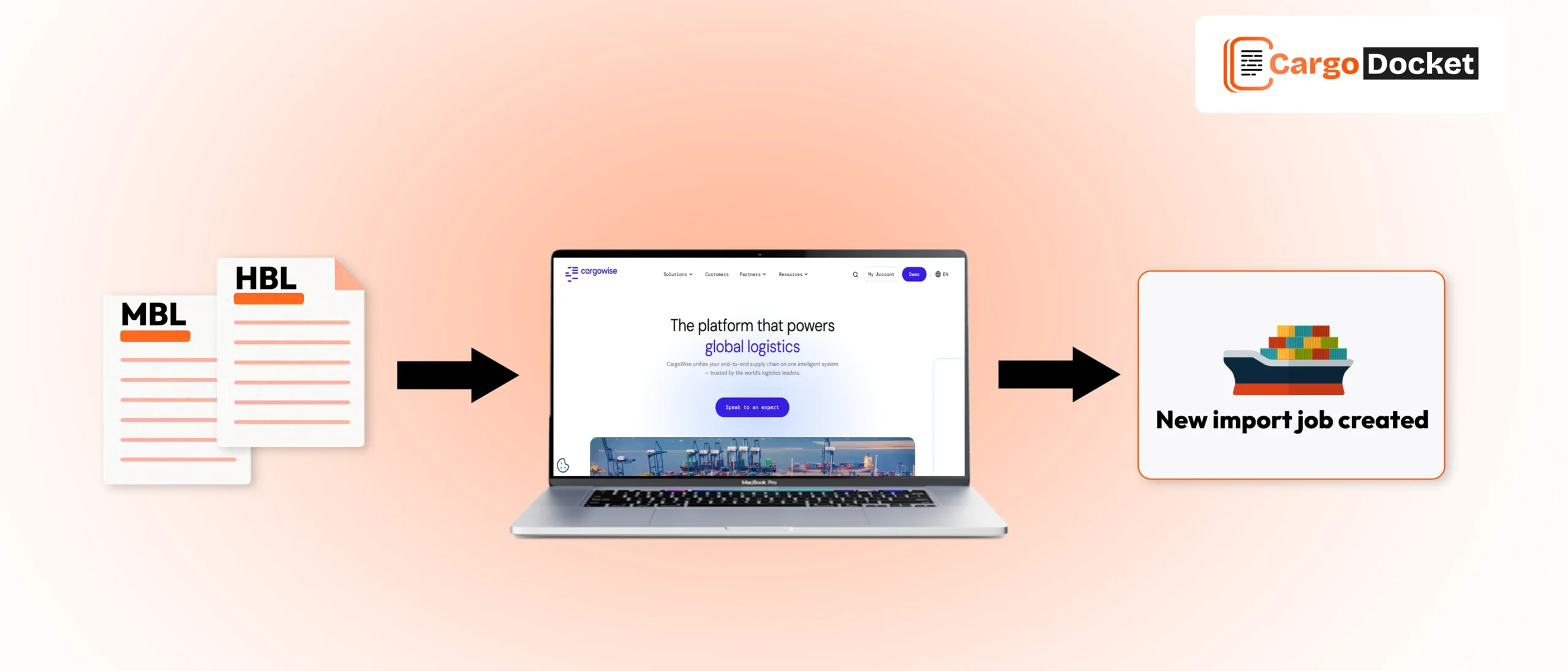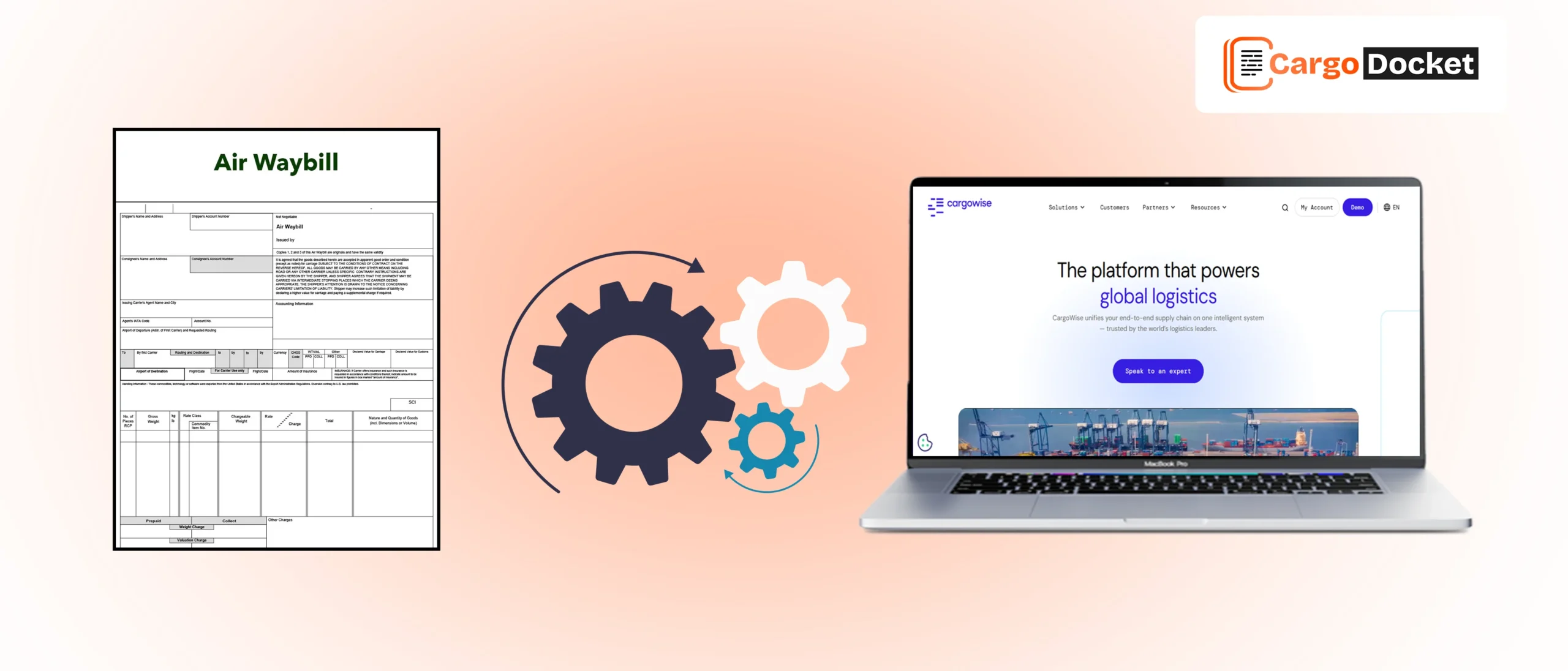Hundreds of documents, constant data entry, tracing shipments across oceans, balancing bills, and manually upgrading systems that ought to have been automated years ago are all part of the daily grind for anyone working in supply chain management or logistics. If your operations aren’t keeping up with the rapid pace of the logistics industry, you could be losing clients, money, and time.
Robotic Process Automation (RPA) can help with this. Smart logistics professionals use it as a hidden weapon to automate repetitive procedures, lower errors, and function more efficiently without adding more staff. It’s not just a slogan.
This article explores the Top 8 RPA Use Cases in supply chain and logistics, useful, real-world examples that you can put into practice right now to relieve your team’s workload and prepare your business for the future.
1. Accounts Payable Automation
Let’s kick things off with one of the biggest time-wasters in logistics which is invoice reconciliation.
Every logistics team deals with vendor invoices and lots of them. Manually reading, matching, and keying invoice data into your ERP (like CargoWise) takes hours and is prone to human error. One slip-up, and you’re looking at payment delays or compliance issues.
RPA bots can extract invoice data from PDFs or emails, match it to accruals in CargoWise, and automatically post it. Exceptions? Those get flagged for human review, but 90–95% of invoices can flow through with zero touch. Accounts payable automation in cargowise results in fewer late payments, and cleaner books, and your finance team can finally breathe.
2. Commercial Invoice Automation
Cargowise commercial invoice automation is critical for customs declarations and compliance, especially in cross-border logistics. But if you’re manually entering line-item data like HS codes, quantities, and values, you’re burning time and risking mistakes.
An RPA-powered system (like Cargo Docket) can automatically extract line-item details, validate against your master data, and push it into CargoWise. No templates. No manual entry. And yes, it works with multi-language and multi-currency invoices. This results in faster customs processing, fewer errors, and smoother international operations.
3. Imports Bill of Lading (B/L) Automation
Imports bill of lading automation in cargowise are the backbone of international shipping. But for import operations, manually entering B/L details like container numbers, vessel names, and consignee information is not just tedious, it’s risky.
RPA bots can pull B/L data from scanned docs or emails, extract key fields, and automatically update your system (ERP or TMS). Bots can also flag inconsistencies between B/L and booking info for review. This results in real-time visibility into shipments and no more late nights fixing B/L mismatches.
4. Exports Bill of Lading Automation
Just like imports, exports bill of lading automation in cargowise involves generating the document, filling in data, and distributing it to the right parties. It’s repetitive and usually involves copy-pasting from one system to another.
Bots can generate draft B/Ls using shipment data, pull container and routing info, auto-fill documentation fields, and email them to your clients or partners for approval. This results you get faster turnaround, reduced document errors, and improved customer satisfaction.
5. Order Processing Automation
Order processing is the heart of your logistics workflow. Whether you’re managing sales orders, purchase orders, or delivery orders, handling them manually creates unnecessary backlogs and miscommunication.
RPA automates the entire order lifecycle, from receiving the order, validating data, and updating CargoWise, and other ERP to notifying the warehouse. It even checks inventory levels and confirms shipping dates. This results in simplified operations, fewer fulfillment delays, and a better customer experience.
6. Creating Purchase Orders (POs)
Creating POs involves pulling supplier data, entering line items, matching pricing, and ensuring compliance, all of which eat up time.
Bots can generate purchase orders based on inventory levels, reorder thresholds, or received sales orders. They can auto-fill supplier details, apply pricing logic, and submit the PO for approval or directly into the system. This results in more accurate purchasing, less stock-out risk, and zero manual data entry.
7. Shipment Tracking and Visibility
In order to track shipments, logistics managers frequently oversee several platforms, such as road transporters, air freight, and ocean carriers, and then manually update clients or internal systems.
RPA bots can automatically retrieve tracking data from carrier portals or APIs, consolidate it, and update your system or send branded email alerts to customers. This can result in real-time tracking, proactive customer communication, and fewer “What about my shipment?” calls.
8. Inventory Management
Keeping tabs on inventory across multiple warehouses or 3PL partners is no joke. It requires constant updates, reconciliation, and syncing of data across platforms.
RPA bots can monitor inventory levels, reorder points, and incoming shipments, and update the inventory module in your ERP or TMS. They can also flag anomalies, like negative stock or mismatches between physical and system quantities. This results in smarter replenishment, less stock loss, and a more responsive supply chain.
Why AI Document Automation Is Critical Right Now in Logistics
The logistics sector is under pressure, let’s face it. Teams are being pushed to the limit by labor shortages, expanding expenses, customer demands, and ever-increasing volumes. However, AI Document Automation offers your company the flexibility and scalability it needs to succeed, not only to save time.
If you’re already on CargoWise or any other logistics platform, adding AI Document Automation is like giving your operations a superpower. It fills the gaps between systems, eliminates obstacles, and helps your team do more with less.
Conclusion
Robotic Process Automation is no longer the future, it’s the present solution to logistics problems that have been dragging on for years. From automating your AP process to tracking shipments, RPA makes it easier to run lean, error-free, and scalable operations.
At Cargodocket – CargoWise AI Document Automation we specialize in helping logistics companies unlock the full potential of automation with pre-built solutions for CargoWise and custom RPA bots that fit your unique workflows.
Book a free demo with Cargo Docket and see how automation can simplify your day-to-day and boost your bottom line.





